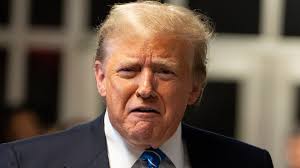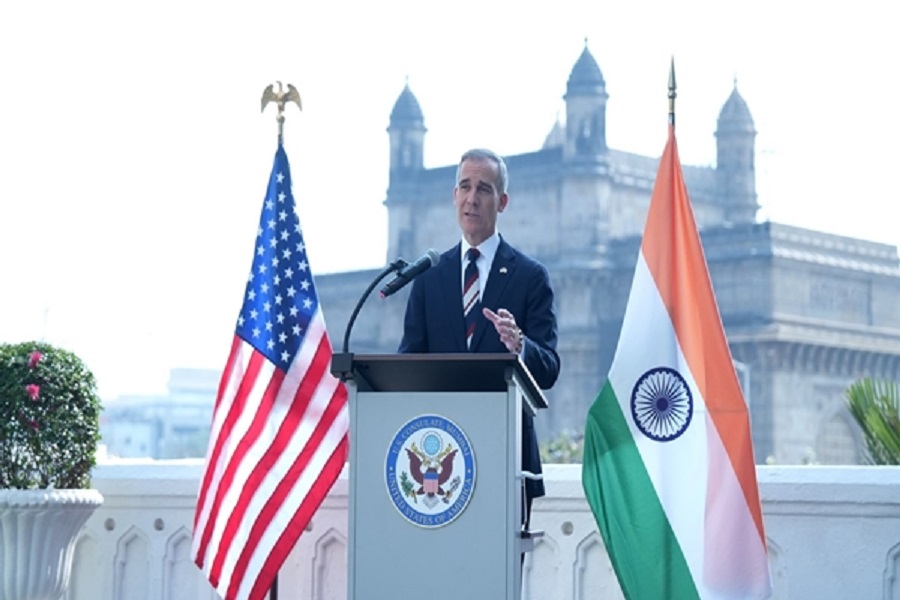Telangana govt sanctions Rs.134.46 cr for establishment of STPs in 20 hospitals
Sat 09 Jul 2022, 12:18:47
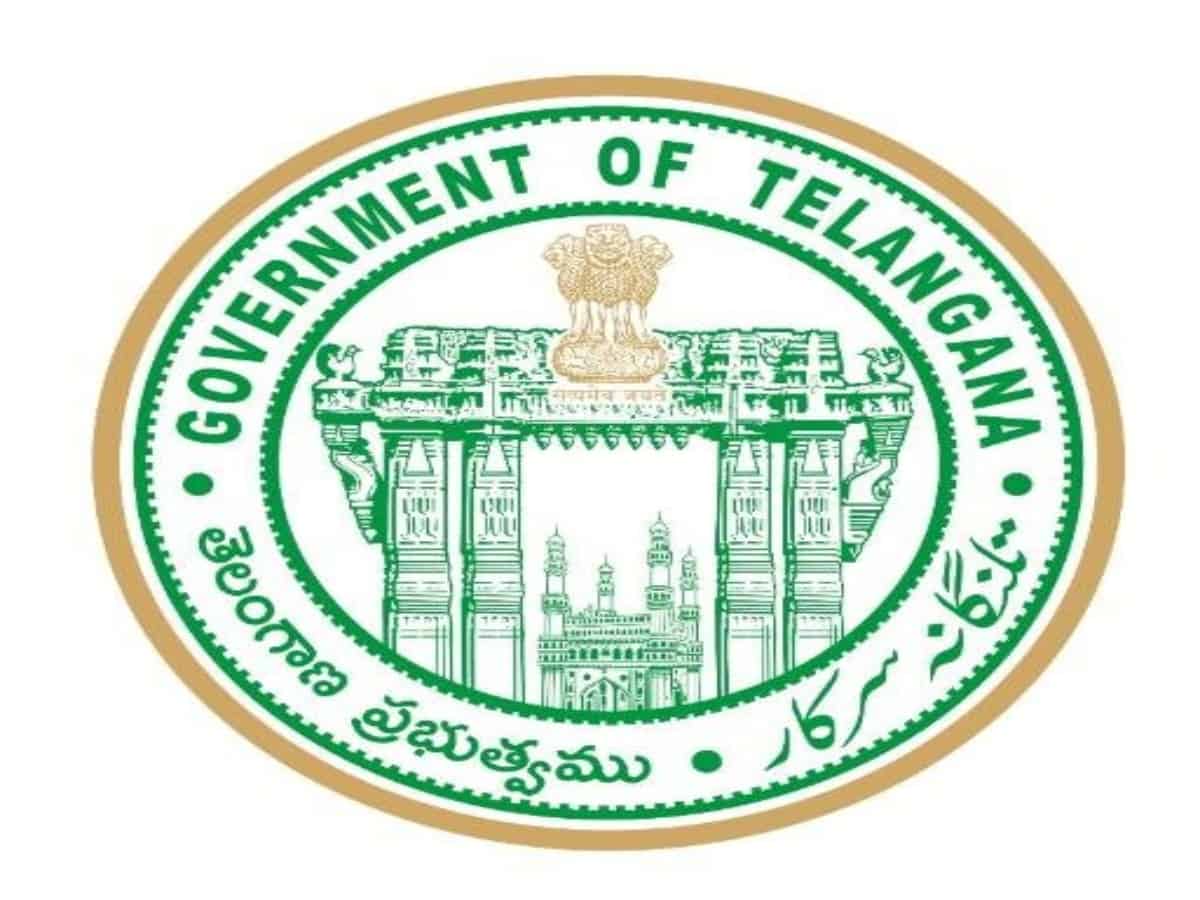
the Telangana Government on Friday has sanctioned an amount of Rs.134.46 crore to establish Sewerage Treatment Plants (STPs) in 20 government hospitals and maintain them for a decade.
Out of the sanctioned Rs.134.46 crore, a total of Rs. 68.31 crore will be met from the funds sanctioned by the State government to Telangana State Pollution Control Board (TSPSCB), Government Order (GO Ms No 73) released on July 5 by Health Secretary, SAM Rizvi, said.
“Following orders from Chief Minister, K Chandrashekhar Rao to ensure all the bio-medical waste from government hospitals are treated in STPs before letting them out, it was decided to establish 20 STPs across Telangana. This is a significant move aimed at adopting best biomedical waste management practises in government hospitals,” Health Minister, T Harsh Rao in a statement here on Friday, said.
In the coming months, almost all the major government hospitals in Hyderabad will have their own independent STPs and do not have to depend on third party agencies to process their bio medical waste. Senior
health officials have also urged private hospitals in Hyderabad that presently do not have a proper bio-medical waste disposal system, to establish STPs within their hospital premises.
health officials have also urged private hospitals in Hyderabad that presently do not have a proper bio-medical waste disposal system, to establish STPs within their hospital premises.
Back in March, the State government had sanctioned a total of Rs. 68.31 crore to TSPCB to establish 20 STPs in government hospitals. As part of this initiative, the Telangana State Medical Services Infrastructure Development Corporation (TSMSIDC) had submitted a proposal to the State government for constructing the STPs and also proposed Operation and Maintenance (O&M) component for the next decade with a total cost of Rs. 134.46 crore.
The health department will provide a pre-treatment facility for laboratory, operation theatre and laundry washings before letting into STP and also will meet the outlet discharge standards as per the BioMedical Waste Rules, 2016 and its amendments. The hospitals servicing 1000 patients or more per month are required to obtain authorisation and segregate biomedical waste based on the Biomedical Waste Rule, 2016.
No Comments For This Post, Be first to write a Comment.
Most viewed from Hyderabad
Most viewed from World
AIMIM News
Asaduddin Owaisi questions PM Modi's China policy
Jan 08, 2025
Owaisi slams UP over police post near Sambhal mosque
Dec 31, 2024
Owaisi hails SC order on Places of Worship Act
Dec 13, 2024
AAP Corporator Tahir Hussain joins AIMIM party
Dec 11, 2024
Latest Urdu News
Most Viewed
May 26, 2020
Which political party will win the Delhi Assembly polls to be held on Feb 5?
Latest Videos View All
Like Us
Home
About Us
Advertise With Us
All Polls
Epaper Archives
Privacy Policy
Contact Us
Download Etemaad App
© 2025 Etemaad Daily News, All Rights Reserved.

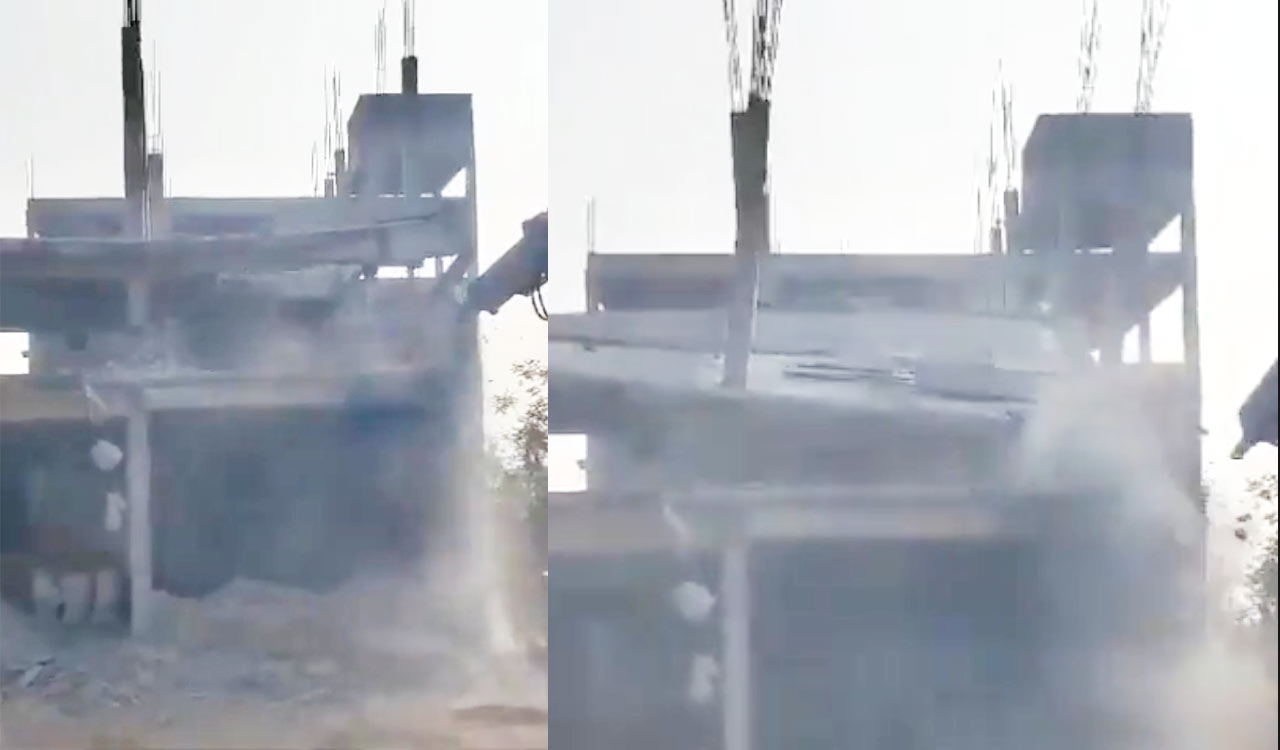



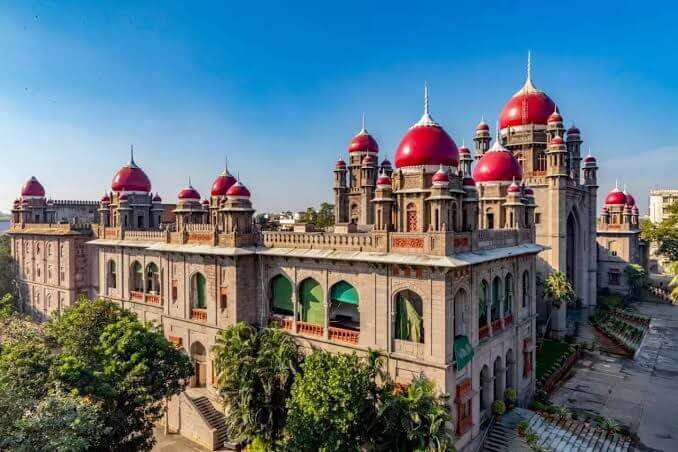

.jpg)
.jpg)
.jpg)
.jpg)
.jpg)
.jpg)






